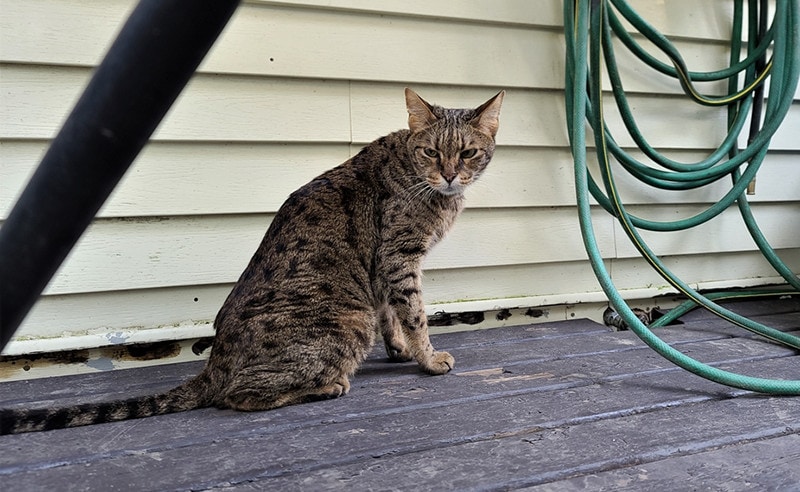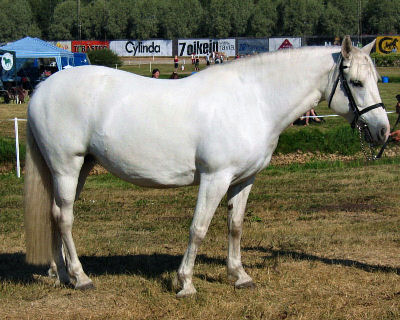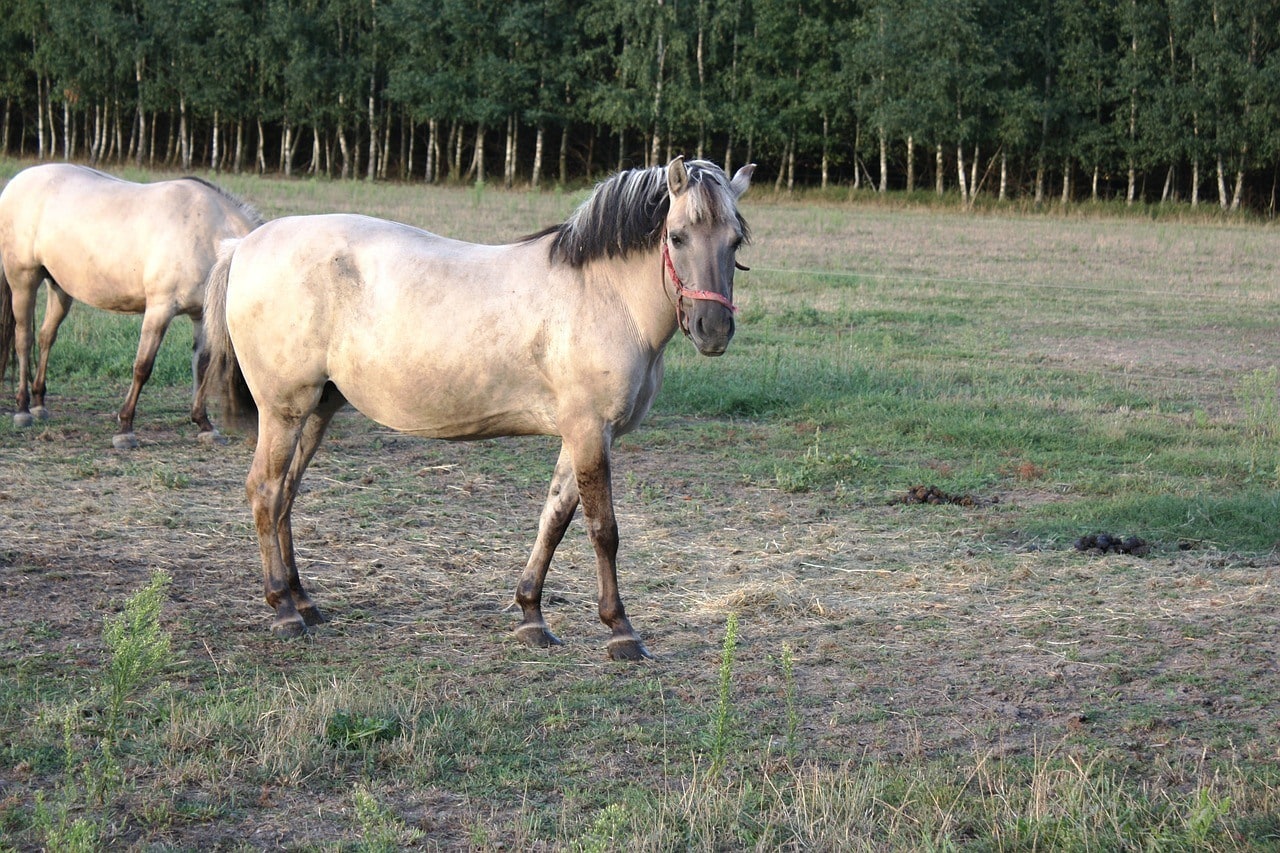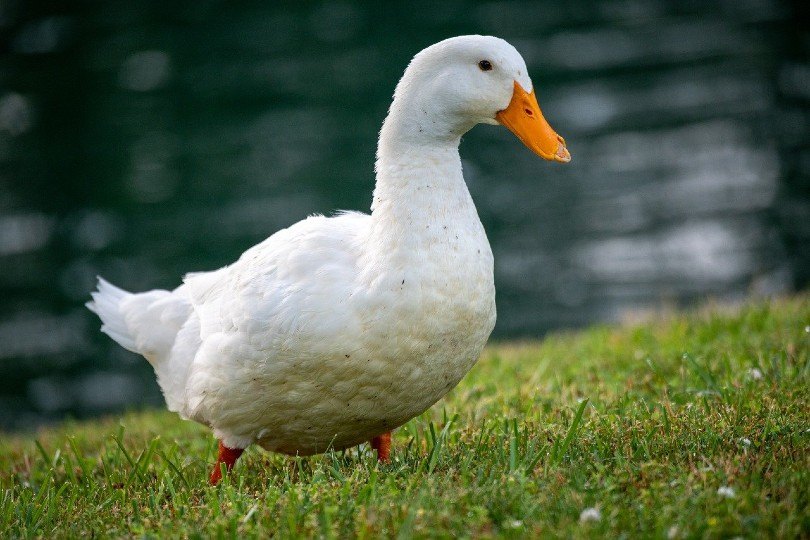Click to Skip Ahead
The exotic new F3 Savannah Cat breed is a third generation cross of a wild African Serval with a domestic Siamese. The first Savannah cat appeared by accident, so much so that the first kitten’s name was “Miracle.” However, breeders soon saw the beauty in the surprise mix. Today, the Savannah Cat is a TICA registered breed that’s allowed to compete in the show ring. They’re welcomed as a household pet in many places across the US, giving experienced domestic cat owners the closest legal glimpse of what it would be like to have a wild cat as a pet.
Breed Overview
Height:
14–17 inches
Weight:
12–25 pounds
Lifespan:
12–20 years
Colors:
Golden and silver with black and brown spots
Suitable for:
Active households with no small pets
Temperament:
Curious, active, intelligent
The height and weight standards are for all generations of Savannah Cats. It’s important to remember that the F3 Savannah Cat is three generations removed from the original cross between the wild African Serval and a domestic Siamese. The F3 generations tend to weigh on the smaller side, towards 12–15 pounds, since they’re more domesticated than earlier generations.
Savannah Cat Characteristics

The Earliest Records of The Savannah Cat in History
One April morning in early spring, Judee Frank noticed a surprise through the other side of her sliding glass door. Her Siamese cat had given birth to one kitten. Judee didn’t even know that her cat was pregnant, but quickly realized that the father was Ernie, an African Serval that had been under her care. The unexpected kitten was named Miracle, but her consequent owners called her Savannah. This F1 cat would become the ancestral mother of all Savannah cats.
Savannah was later bred with a Turkish angora, a long-haired white cat. She had three kittens. Unfortunately, the one who most closely resembled the wild Serval cat was stillborn. The other two kittens were a solid white male cat, and a female torbie, which is a tabby cat with red-orange colors. The F2 Savannah torbie and her F3 male kitten who was born later were eventually sold to Patrick Kelley, who quickly became responsible for the emergence of the new breed.
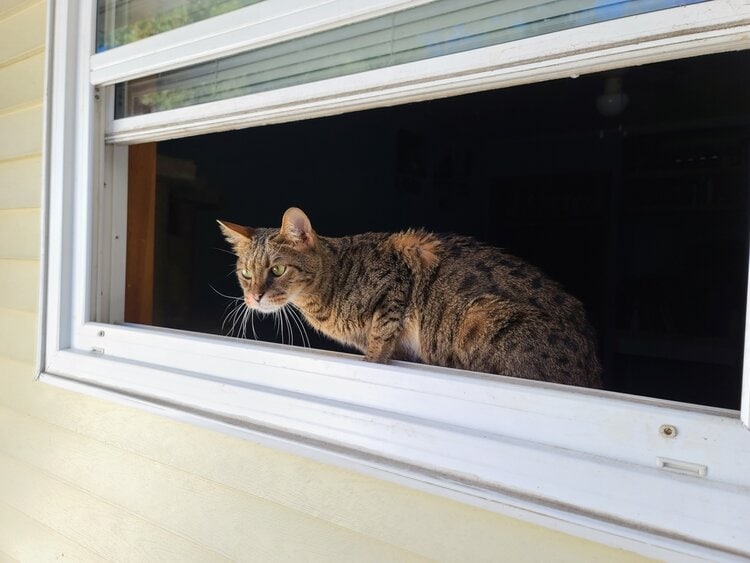
How The F3 Savannah Cat Gained Popularity
Kelley faced some challenges with bringing about the Savannah cat breed—namely that his home state, California, banned the ownership of wild Serval cats. Kelley recruited the help of Joyce Sroufe to breed the cats. She was reluctant at first but gave in to his request when he promised to scout out good homes for the kittens. Starting in 1994, Sroufe began breeding Savannah Cats, which she would do for many years.
Formal Recognition of the F3 Savannah Cat
In 1996, Kelley began the process of trying to receive formal recognition from the International Cat Association. Sroufe and Karen Sausman, a Bengal cat breeder, helped him draft the Savannah Cat breed standard. However, they faced some setbacks after the TICA announced that they wouldn’t accept new breeds of any sort for 2 years because they were revising their own standards. Unfortunately for their efforts, the ban was extended for an additional 2 years through the year 2000.
In the meantime, the trio formed a private Savannah Cat breeders’ group through Yahoo email that consisted of 18 dedicated members. By the time the moratorium lifted, they had all been able to share their collective knowledge that they’d gleaned from raising the new breed and were able to update their breed standard.
After many years of concentrated group effort, the Savannah Cat was officially recognized by the TICA in 2001.

Top 3 Unique Facts About the F3 Savannah Cat
1. F3 Savannah Cats cost anywhere from $1,000 to $4,000.
Some F3 Savannah cats have cost up to $20,000. They’re certainly not your typical domestic cat, and require intense dedication (and a lot of dough).
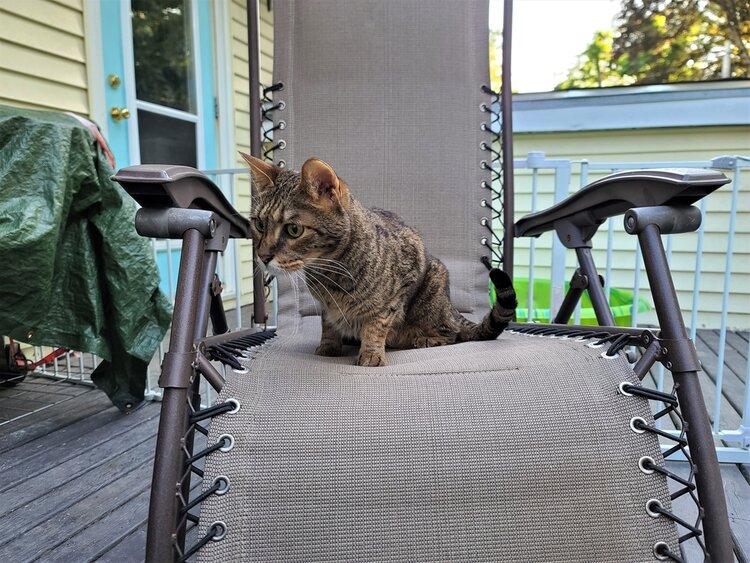
2. Male Savannah Cats are sterile through the 5th
Females usually cost much more than males since they’re the only ones capable of reproduction.
3. The temperament of a Savannah Cat is more like a working dog than a domestic feline.
Savannah Cats are highly intelligent and curious creatures who can be easily trained to walk in a harness. They’re a very active breed who needs at least 2 hours of exercise every day.
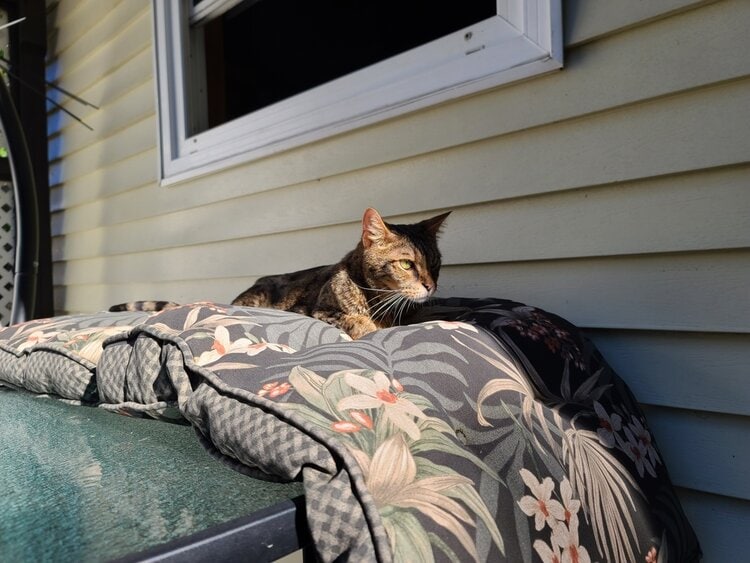
 Does the F3 Savannah Cat Make a Good Pet?
Does the F3 Savannah Cat Make a Good Pet?
The F3 Savannah Cat combines the exotic appearance of the wild African Serval with the tame and friendly qualities of the domestic Siamese. They make excellent additions for families, so long as no small pets are present. Hamsters and birds do not make good roommates for the Savannah Cat since these felines have an incredibly high prey drive.
Breeders have intentionally selected stock with outgoing, tame personalities of the Siamese to pass these traits onto their offspring. However, since the F3 Savannah Cat isn’t too far removed from their wild heritage, not all of these cats will act welcoming to strangers. Most should display loyalty to their family though and are known to be fairly good with children.
Their high intelligence makes them easy to train. Since their exercise requirements are more than average, some people enjoy taking their F3 Savannah Cats on leash walks. Just be sure to put them in a walking harness since collars and leashes are too forceful on a feline’s neck.
Conclusion
The F3 Savannah Cat isn’t your average feline. As a new cross between the African Serval and the Siamese, this exotic breed was only recently recognized by the TICA in 2001. Should you choose to scout out one for yourself, you should know that some places in the country don’t allow you to own a Savannah Cat since they’re so closely related to their wild ancestors. However, the rules may change in subsequent years as ownership rises in other places in the nation, and the tame traits of the Siamese become more apparent in this 3rd generation hybrid.
Featured Image Credit: Patrick Hatt, Shutterstock
